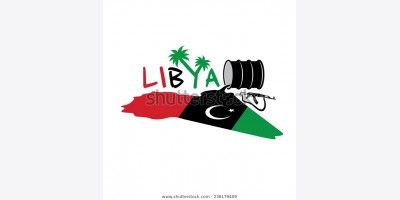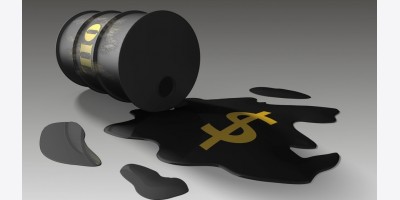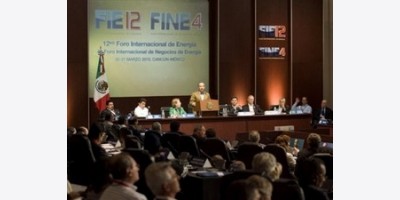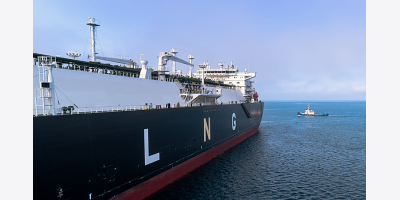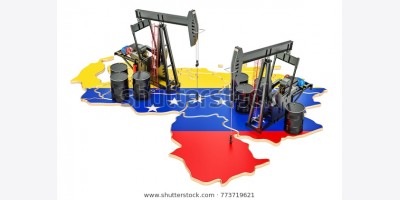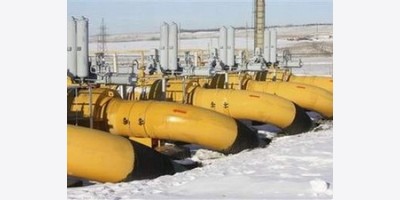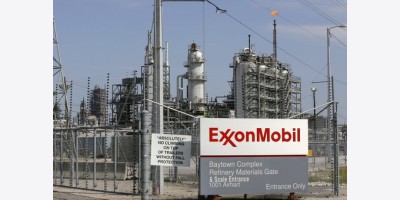Adam Garfinkle
At this time last year, oil was trading just above $100 per barrel. Today, Brent crude is selling for just $49 per barrel, a staggering 50 percent drop that’s put producers around the world under pressure. Saudi-led OPEC hasn’t intervened to stop the price slide, choosing instead to weather the bear market. The Times of London reports:
Saudi Arabia is burning through its foreign reserves at an unprecedented rate as it struggles to cope with plummeting oil prices and the soaring costs of waging war in both Yemen and Syria. […]
Many observers believe that Saudi Arabia has brought the oil crisis on itself by refusing to curb production to drown out competition from fracking by the US. As a result, the price has fallen from $104 a barrel a year ago to less than $50 now, and the effect is reverberating around the world — from the slums of Caracas to the battlefields of Syria and Iraq; from the Russian Arctic to the Pearl River Delta in China.
Nobody outside the house of Saud knows what the future plans of the oil rich kingdom are, but there are some good reasons why it may be less likely to cut production (thus raising prices) than some think. True, the Saudis are fighting two wars. They also need to appease their public, and they have had to borrow money from the bond markets. But none of that means they are about to break.
The main reason for thinking they might keep production high is that the primary target of the Saudi attempt to cut oil prices—or, maybe, more accurately, Riyadh’s refusal to shore up those prices—isn’t those pesky U.S. frackers; it is Iran. The Saudis figure that keeping Iran from making windfall profits on oil is the best way to keep the pressure up on the country. Moreover, the Saudis may be figuring that U.S. foreign policy will change in January 2017. They are probably hearing from Democrats close to Hillary that a Clinton administration will take a higher profile in the region—they know that she, like Secretary Gates and National Security Advisor Susan Rice, thought that President Obama’s failure to stand up to Assad in Syria was a major blunder. And as long as the GOP nominee isn’t Rand Paul or Donald Trump, a Republican president would also take a tougher line against Iran and its allies than the current team.
So the Saudis may be thinking that if they can maintain their current strategy for 17 more months, there will be light at the end of the tunnel. In the meantime, they will stick to high production levels to keep as much money as possible out of the hands of the mullahs, and they will continue spending—even if that means going to the bond markets. Interest rates are at historic lows these days and the Saudis are good credit risks. If you have cards, why not play them?





